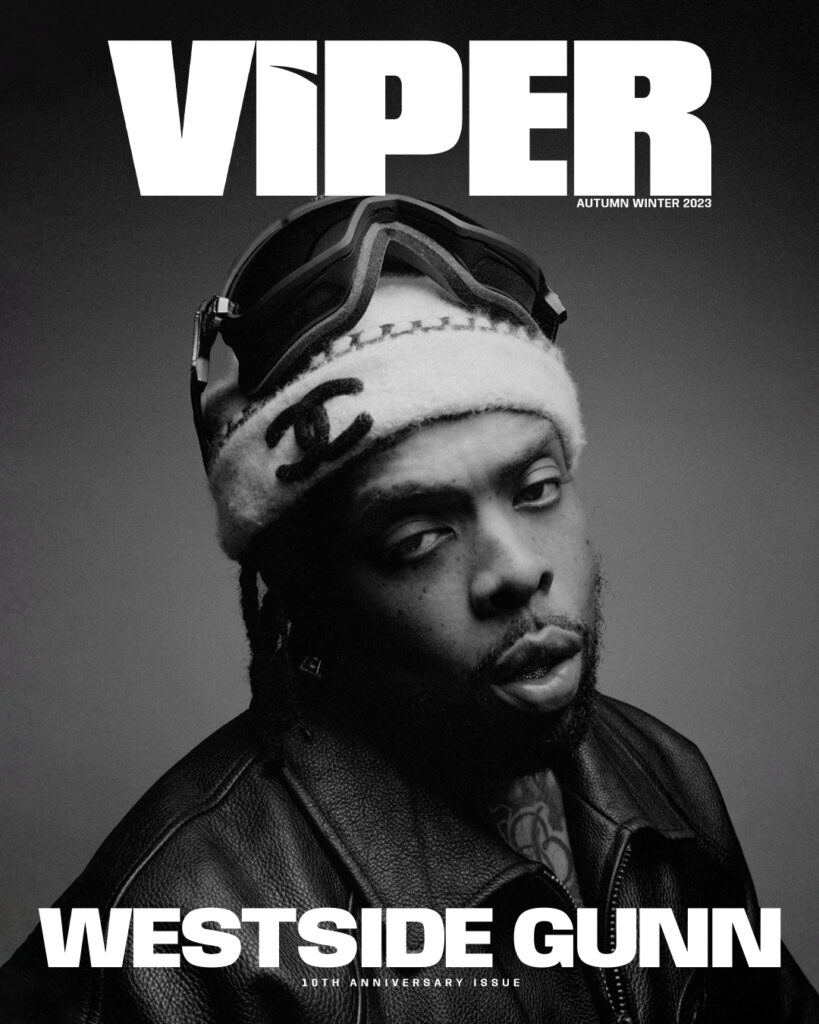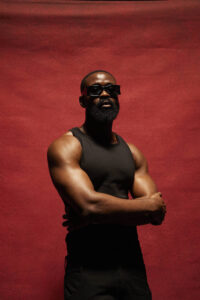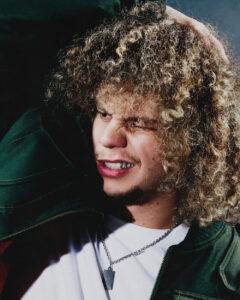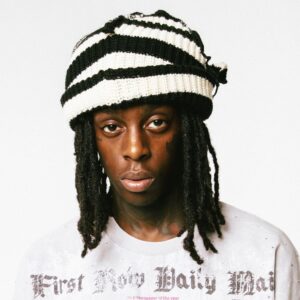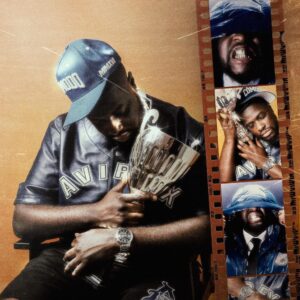SARZ INTERVIEW: Sarz is globally recognised as one of the chief architects of modern Afrobeats, a prolific producer whose artistry is defined by an innate quest for “Freedom” and sonic unpredictability. His journey is unconventional, starting not with a desire to DJ but as a producer who wanted the world to experience music exactly as he heard it in his head.
This drive to curate a specific “energy” is the foundation of his work, shaping his legendary production style and his transition into a compelling artist in his own right. Drawing inspiration from beat masters like Pharrell (who taught him balance) and Timbaland (who taught him rhythm), Sarz has carved a signature sound that seamlessly blends traditional African rhythms with Hip Hop and contemporary Electronic music.
His defining artistic moment came when he realised he wasn’t just making beats but “creating moments that live outside” him—a philosophy he carries into his collaborations with titans like Wizkid, Niniola, and Lojay, which he views as “essential” to stretching his sound and pushing the genre beyond its current boundaries. In an industry he sees as plagued by “noise” and a chase for fleeting trends, Sarz maintains his status as a “real selector” by staying true to his taste and refusing to speak “until I have something to say.”
What inspired you to start DJing, and how has your journey evolved over the years?
I didn’t plan to be a DJ. I started as a producer who wanted people to experience music the way I heard it in my head. DJing just became another way to control that energy. Over time, it’s made me sharper with crowd psychology and performance dynamics.
Can you describe the creative process behind selecting tracks for your sets?
It’s instinct. I read the room in real time. I’m not trying to please everyone. I’m curating a mood. Every track has to serve that mood or it doesn’t make the cut.
How do you stay connected with your audience while performing, and what role does that connection play in your sets?
Eye contact, silence, timing. You can feel when the crowd gives you their trust and that’s when you start taking risks. Connection is everything… without it, you’re just pressing play.
In your opinion, what is the most significant change in the music scene since you began your career?
Access. Everyone can make music now. That’s both a blessing and a curse. the gate is open, but quality control is gone.
How has technology changed the way you approach DJing, and what tools do you find indispensable?
Technology made things faster, but not necessarily better. I use what works. My main tools are still my ears and my taste. The rest is just convenience.
What challenges do you face as a DJ in today’s music industry, and how do you overcome them?
Noise. Everyone’s chasing trends. I stay silent until I have something to say… that’s how I cut through.

Can you share a defining moment in your career that shaped your identity as an artist?
The first time I heard a crowd sing back to a song I produced. It made me realise I wasn’t just making beats, I was creating moments that live outside me.
How do you incorporate your personal experiences or emotions into your performances?
I don’t force it. My life already bleeds into the music. When I’m performing, I just let it translate naturally.
Who are your biggest musical influences, and how have they impacted your style?
Pharrell and Timbaland are my early musical influences. Pharrell taught me balance, Timbaland taught me rhythm.
What message or vibe do you aim to convey to your audience through your music?
Freedom. You should feel like you can exist fully in that moment… no boxes, no rules.
How do you handle criticism or negative feedback regarding your work?
I listen if it’s constructive. If it’s noise, I ignore it. You can’t let people who don’t create dictate your creation.
What are your thoughts on the current trends in DJ culture and music consumption?
Too much focus on virality, not enough on taste. But real selectors always rise above the algorithm.
How important is collaboration with other artists, and can you share some of your favourite collaborations thus far?
Collaboration is essential ’cause it stretches your sound. Wizkid, Niniola, Lojay… each one brought out a different side of me.
What advice would you give to aspiring DJs looking to make a mark in the industry?
Learn taste. Anyone can mix songs, but not everyone can create a world. That’s the difference.
Looking forward, what goals do you have for your career, and how do you plan to achieve them?
To push my sound beyond the genre into culture, film, tech, everywhere. And I’ll do it by staying unpredictable

